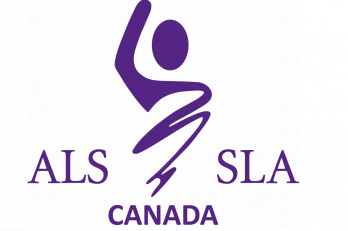
Project MinE

Join the fight and help us discover the genetic basis of ALS. Start or support a local initiative to raise funds. Project MinE, make it yours!
מהיעדגויסו


Join the fight and help us discover the genetic basis of ALS. Start or support a local initiative to raise funds. Project MinE, make it yours!

מאה אחוזים מהתרומות ישמשו למיפוי וניתוח מידע גנטי להבנת מחלת ה ALS
“Why have I been diagnosed with ALS when so many other people have not?” This is an all-too-common question of people living with the devastation of an ALS diagnosis, and the ALS Society of Canada (ALS Canada) wants to help answer it. We are leading Canada’s fundraising efforts for Project MinE to support the sequencing of up to 1,000 Canadian genomes.
As a national organization responsible for the ALS Canada Research Program, we aim to accelerate research impact through a comprehensive national program focused on translating scientific discoveries into treatments for ALS and fostering Canada’s strong and networked ALS research community to build capacity and collaboration. Support for the ALS Canada Research Program is made possible by the generosity of donors, ALS Societies across Canada, Brain Canada and the federal government’s Canada Brain Research Fund.
The Canadian component of Project MinE brings together four of Canada’s leading ALS geneticists in Vancouver, Toronto, Montreal and Quebec City for their first ever cross-country collaboration. Each has led or been part of international consortia that have resulted in some of the most important genetic discoveries in the field. They also represent a geographical balance that provides a collaborative set of Canadian samples representative of ALS cases across the country.
Other essential collaborators in Canada’s Project MinE effort are the four Canadian ALS clinics that are collecting and in some cases storing the blood samples being used for the initiative: the GF Strong Rehabilitation Centre’s ALS Centre in Vancouver, the Sunnybrook Health Sciences Centre ALS Clinic in Toronto, the ALS Program at the Montreal Neurological Institute and Hospital, and the ALS Clinic at the CHU de Québec.
Read more about Project MinE Canada on the website of ALS Canada. Or create your own fundraising team for Project MinE by contacting teamals@als.ca.
In Canada, we have several ambassadors for Project MinE.

Project MinE research in Canada is performed by:

Dr. Dupré has made major contributions both locally and internationally to the fields of neuromuscular and neurogenetic medicine, and has published more than 100 peer-reviewed papers and five book chapters.
He is currently the director of the Neuromuscular & Neurogenetic Disease Clinic of the CHU de Québec – U Laval, taking care of thousands of patients from the Eastern Quebec area afflicted with rare and common diseases of the nervous system.
Dr. Dupré was involved in the 2008 discovery that the gene TDP-43 is involved in ALS. He also helped to establish the ALS clinic at the CHU de Québec, providing care to patients in Eastern Quebec.

Dr. Mackenzie is Professor of Pathology and Laboratory Medicine at The University of British Columbia, Consultant Neuropathologist of Vancouver Acute and BC Cancer Agency, and Head of the Neuropathology Division at Vancouver Acute.
Dr. Mackenzie has broad expertise in neuropathology and the use of brain tissue banks in the care of patients with neurological disorders. His research program centers on neuropathology and the molecular genetics of neurodegenerative disease, particularly dementias. He is currently the Canadian representative to the International Society of Neuropathology and is an editorial board member for a number of neuropathology journals.

For the past 20 years, Dr. Rogaeva has contributed substantially to the development of effective genetic testing of different forms of dementia and movement disorders in her clinical practice, with a strong focus on Parkinson’s Disease, Alzheimer’s Disease, amyotrophic lateral sclerosis (ALS), and frontotemporal lobar degeneration.
Dr. Rogaeva played a central role in the discovery and characterization of the two presenilin genes responsible for the most aggressive form of early-onset Alzheimer’s Disease, as well as the SORL1 gene associated with common late-onset forms of Alzheimer’s Disease. Dr. Rogaeva’s current focus is on genetic and epigenetic studies of C9orf72.
Dr. Rogaeva is the author of ~225 peer-reviewed publications and is listed among the top 10 Canadian neuroscientists, based on the highest impact papers published in 2013-2014.

Dr. Rouleau’s landmark achievements are his contributions to the identification of dozens of disease-causing genes and his discovery of new mutational mechanisms. Over the last 25 years, Dr. Rouleau and his team have focused on understanding the genetic basis for diseases and identifying genes causing neurological and psychiatric diseases including amyotrophic lateral sclerosis, stroke, Essential Tremor, familial aneurysms, cavernous angiomas, epilepsy, spinocerebellar ataxia, spastic paraplegia, autism, Tourette syndrome, restless legs syndrome, schizophrenia and bipolar disorder.
Specifically for ALS, he has been investigating the genetic basis of this disease since 1986 and has contributed to the identification of many of the genes currently known to predispose to this disease. He has published more than 700 articles in top peer-reviewed journals such as The Lancet, Cell, and Nature, as well as 50 review articles and book chapters. His work has been cited over 50,000 times.
The fundraising for Project MinE is led by ALS Canada.
